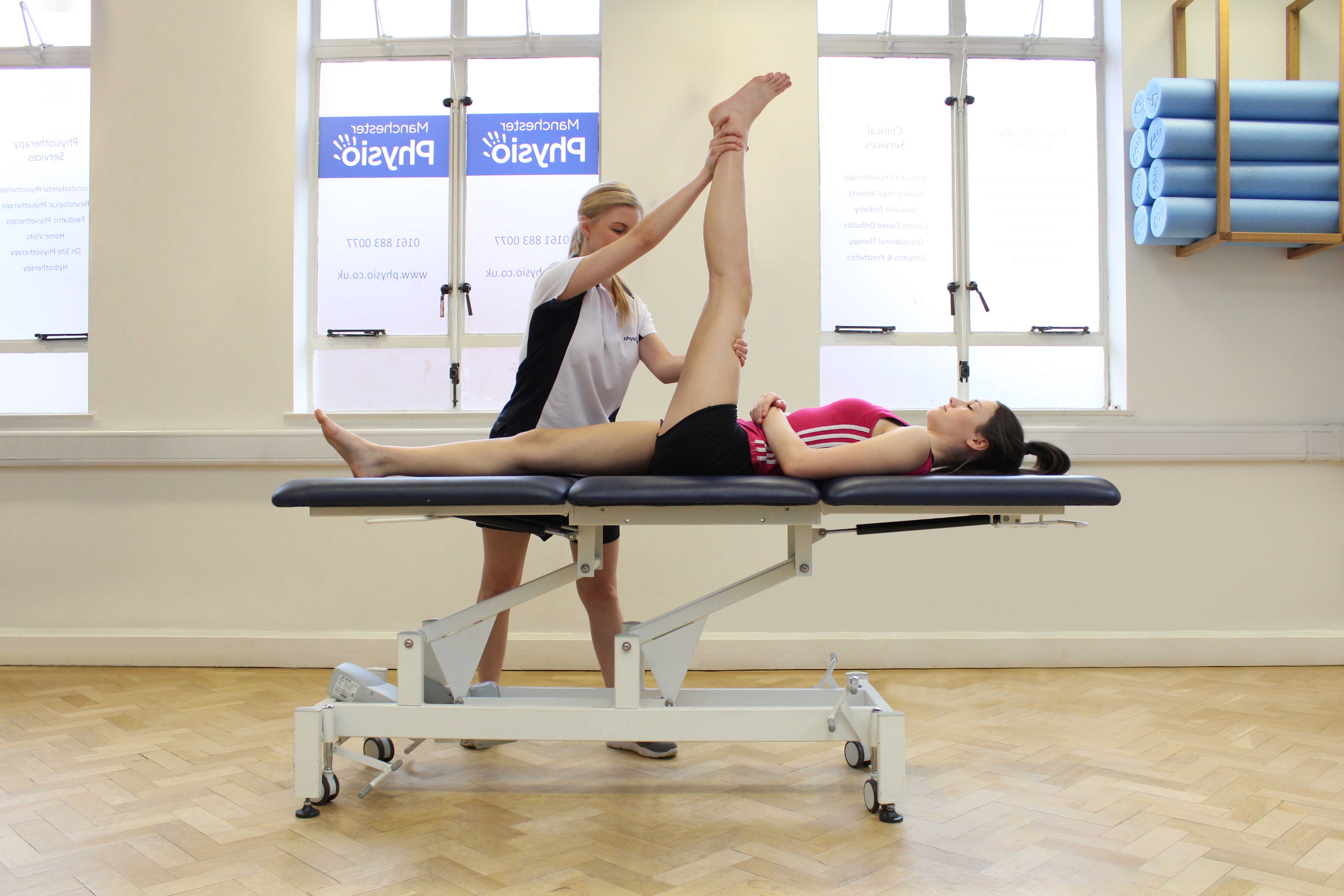There are many misconceptions about addiction treatment services. Some people believe they are a cure-all for all types of substance abuse disorders, while others believe that they do not work at all. The truth of the matter is that these types of services are not always created equally…and even if they were…the bottom line is whether or not the person that is getting treatment is ready to stop using.
What Exactly is Addiction?
Addiction is a compulsive behavior that is characterized by the inability to stop engaging in the behavior, despite its negative consequences. It is a chronic condition that can involve a wide range of substances, activities, or behaviors, such as drugs, alcohol, gambling, shopping, or sex. Addiction is often associated with changes in the brain’s reward system, which makes it difficult for a person to control their behavior.
Common signs of addiction include intense cravings, increased tolerance, and withdrawal symptoms when the person stops engaging in the addictive behavior.
Some common examples of addiction are:
- Alcoholism
- Drug Abuse
- Gambling
- Sex Addiction
- Shopping Addiction
- Internet Addiction
- Food Addiction
- Video Game Addiction
Addiction can come in many forms and manifest itself in many ways, the one thing that all addictions have in common is that they become so out of control that the person afflicted by them suffers greatly. From extreme weight loss to jails, institutions, and even death… the consequences of addiction can be very severe.
What Are Addiction Treatment Services?
Addiction treatment services are a range of services that help individuals struggling with addiction. These services can include individual and group therapy, 12-step programs, peer support, medication management, and detoxification.
Common services that addiction facilities offer are:
- Detoxification
- Individual counseling
- Group therapy
- Cognitive-behavioral therapy
- 12-step programs
- Medication-assisted treatment
- Interpersonal therapy
- Dialectical behavior therapy
- Holistic therapies
- Family counseling
- Recreational activities
- Relapse prevention
The goal of treatment services is to help individuals understand their addiction, develop new coping skills, and learn how to live a healthier, more fulfilling life. Treatment services also strive to help individuals gain skills and resources to prevent relapse and maintain long-term sobriety.
It’s Up to the Individual to Choose
A person suffering from addiction must make the choice to stop using substances in order to begin the process of recovery. Addiction can cause long-term physical and psychological damage, and the only way to start the healing process is to make the conscious decision to stop using substances…whatever they may be.
Some of the signs that a person is ready to make changes can be:
- A willingness to talk openly and honestly about substance use
- An understanding of the risks associated with substance use
- A readiness to take responsibility for one’s decisions
- A willingness to seek help and support from others
- A recognition of the impact of substance use on relationships
- A commitment to identify and address underlying issues
- A determination to make positive lifestyle changes
- A desire to improve overall health and wellness
- A capacity to develop positive coping strategies
- A commitment to abstain from substance use
When a person decides to stop using substances, they open themselves up to the possibility of recovery and can start to take back control of their life.
The most challenging aspect of addiction treatment service facilities is that if the person does not want to stop using substances, they will not. You can only force a person to remain abstinent for so long. As soon as someone that is not ready has an opportunity to choose to use, they probably will.
How Addiction Treatment Services Can Be Beneficial
Addiction treatment services can be incredibly beneficial for people suffering from substance abuse disorder, as they provide individuals with the necessary support and guidance to help them overcome their addiction.
Some benefits of an addiction treatment center can be:
- Increased ability to cope with difficult emotions without substance use
- Improved communication skills to help resolve conflicts without resorting to substance use
- Increased self-awareness and understanding of one’s own emotions, behaviors, and triggers
- Improved ability to recognize and manage triggers that lead to substance use
- Increased awareness of the physical and psychological impacts of substance use
- Improved self-care and recovery skills to maintain long-term sobriety
- Development of a strong support network to provide encouragement and accountability
- Access to resources, such as 12-step programs, to help sustain sobriety
- A chance to explore underlying issues and develop healthier coping strategies
These services can help individuals gain an understanding of the underlying causes of their addiction, as well as develop healthier coping mechanisms and lifestyle habits. Additionally, addiction treatment services can provide a safe, supportive environment for individuals to discuss their struggles and receive guidance from trained professionals. Ultimately, addiction treatment services can provide a path to long-term recovery and improved quality of life.
How An Addiction Treatment Center Can Be Bad for Some
Addiction treatment services can be a bad thing for a person suffering from substance abuse disorder because these services can be overly restrictive, intrusive, and expensive. In addition, treatment can involve a variety of different methods, such as detoxification, psychotherapy, and medication, which can be difficult for someone to adjust to and manage.
Some of the pitfalls of addiction treatment centers can be:
- Addiction treatment services can be intrusive, requiring a person to share personal information and experiences that they may not be comfortable with.
- Treatment services can be expensive and require a person to take time away from work or other obligations.
- Treatment services often involve taking medication to manage withdrawal symptoms, which can have negative side effects.
- Treatment services require a person to be in a controlled environment, which can be difficult for those who are used to being in control of their own lives.
- Treatment services may not be successful, which can be discouraging for those in need of help.
- While in treatment, a person may be unable to access their usual support networks, which can be isolating and difficult.
Some treatment practices can also be so intensive that the person may feel overwhelmed, which can lead to feelings of shame and guilt. Furthermore, treatment can take away a person’s sense of autonomy and control, which can be a difficult pill to swallow. Ultimately, these services can be beneficial, but it’s important to recognize the potential drawbacks.
The Intent of the Treatment Service Center
Although it may seem as if anywhere that provides addiction treatment services would have a wholesome intent and that they would be in business to help people that are struggling with addiction, the truth is that many of them are only in it to make money.

Some treatment facilities charge the people that stay there upwards of $1,000 per day. If the patient does not have insurance to cover the cost they either have to leave the facility or commit to pay for it out of their own pocket.
One of the biggest problems with commercialized, for-profit addiction treatment facilities is that they understand addiction, and instead of trying to actually help the patient, they take advantage of their addiction and try to squeeze as much money out of them as possible.
Some facts about for-profit addiction treatment facilities:
- For-profit addiction treatment centers are in business to make money.
- They may offer a variety of services such as detox, inpatient care, outpatient care, and aftercare.
- They often employ a wide range of professionals including doctors, nurses, psychologists, and counselors.
- They may use evidence-based approaches to addiction treatment such as cognitive behavioral therapy and motivational interviewing.
- They may offer alternative therapies such as yoga, acupuncture, and mindfulness-based practices.
- They may have different payment options such as private insurance, sliding scale fees, and payment plans.
- They may have different levels of care such as residential, day treatment, and intensive outpatient programs.
The truth is that regardless of whether or not the facility is out to make money off of people, as we mentioned earlier, it is entirely up to the person that is struggling with the addiction to choose to do what it takes to say off of the drugs.
However, there is a much better chance of the person to be inspired to change their ways if they go to a facility that is actually there to help.
The Benefits of 12-Step Recovery Fellowships
Twelve-step programs are a great option for those looking for assistance with addiction recovery. They provide vital support and guidance for individuals seeking to overcome addiction without the need to pay thousands of dollars for treatment services. These fellowship programs are accessible, free, and can be found in a variety of locations. They provide support and guidance through meetings, group activities, and individual counseling.
Through these meetings, individuals can share their experiences, learn from each other, and gain the strength and support needed to maintain sobriety. Twelve-step programs are an effective and affordable way to help individuals overcome addiction, as they provide an atmosphere of acceptance and understanding, which is integral to recovery.
Best of all, all of these programs are designed to make a person that is struggling with addiction take a look at themselves honestly.
Final Thoughts
When it comes to addiction treatment services, there is no one-size-fits-all approach. Every individual is unique and requires specialized care to achieve long-term recovery. The most important thing is to find a program that is tailored to your individual needs and provides the necessary resources to help you succeed. With the right support, you can take the necessary steps toward a healthier and happier life.




